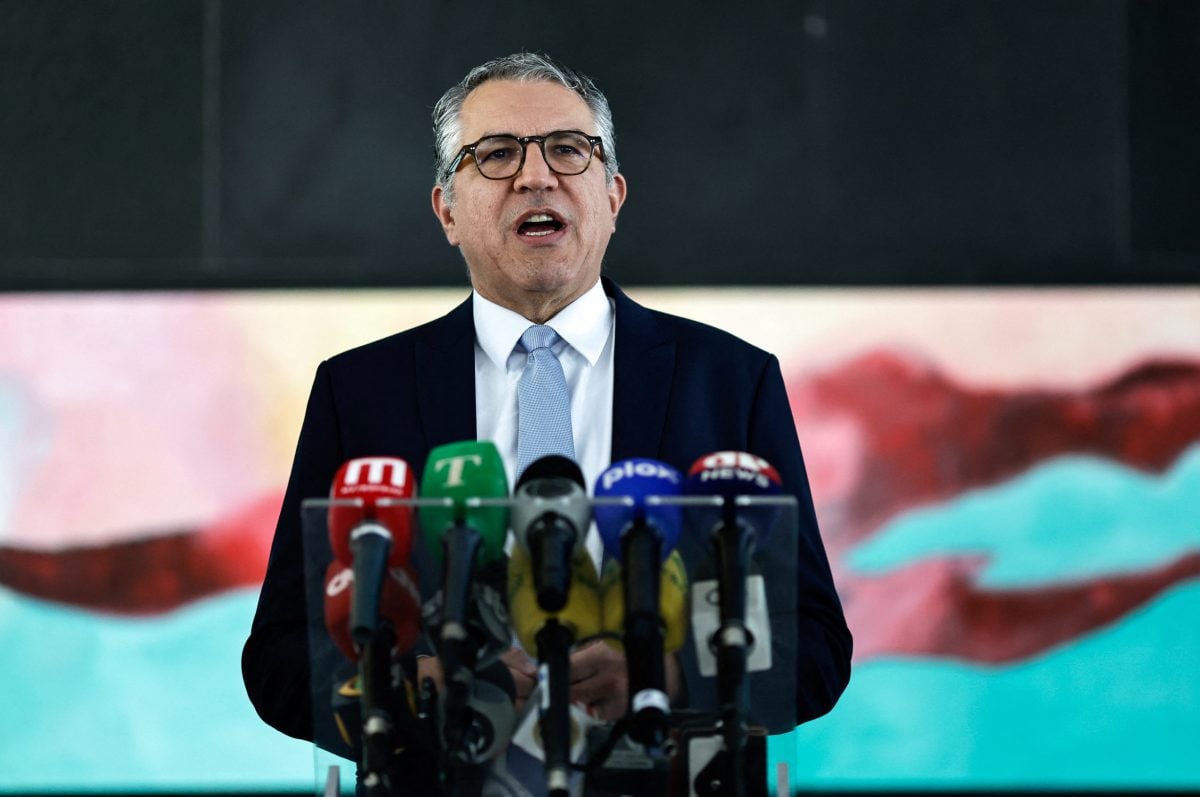BRASILIA, (Reuters) – Brazilian President Luiz Inacio Lula da Silva has vetoed the core parts of a bill backed by the country’s powerful farm lobby that would have limited claims to ancestral lands where Indigenous people have lived by 1988.
“The president vetoed everything that was unconstitutional and not consistent with our Indigenous peoples policy,” his Institutional Relations Minister Alexandre Padilha announced.
The government will retain some parts of the bill in keeping with its Indigenous policy and sign it into law later on Friday, he said.
Brazil’s first Indigenous People Minister Sonia Guajajara, appointed by Lula, said the veto was a big victory for the country’s 1.6 million Indigenous people, who have strived to protect their land rights threatened by the advance of the agricultural frontier into the Amazon region.
“The important thing is that Indigenous rights are guaranteed by the veto,” she said at a news conference with Padilha after a meeting with Lula to decide the matter.
The number of land conflicts has increased with Brazil’s rapidly expanding agriculture. Indigenous communities across the country claim land that farmers have settled and developed, in some cases for decades.
The core of the bill sought to establish in law a cut-off for new reservations on lands Indigenous people did not live on by Oct. 5, 1988 when Brazil’s Constitution was enacted.
The caucus representing agribusiness in Brazil’s Congress said they would seek to vote to overturn Lula’s veto, adding that lawmakers’ decisions must be respected by the other branches of power.
The Supreme Court ruled last month that the deadline proposed was unconstitutional.
Farmers have said the bill would ensure greater legal security of their land ownership, curtailing land conflicts.
Minister Guajajara responded in an interview with Reuters that it would undermine the ancestral land rights of Indigenous people and threaten their way of life, and she urged Lula to veto it completely.
Lula had until yesterday to veto or sanction the bill.







